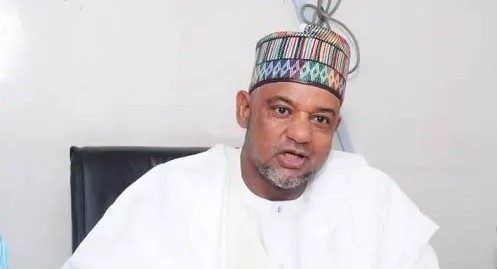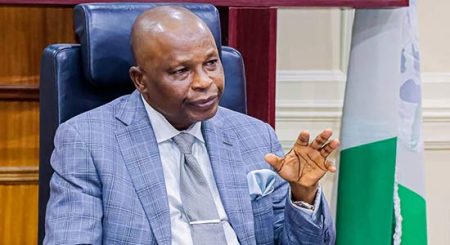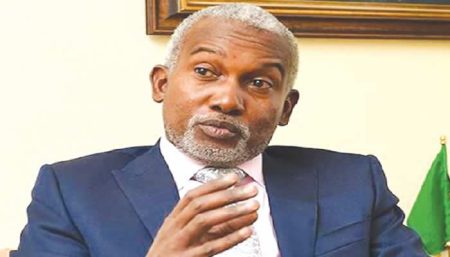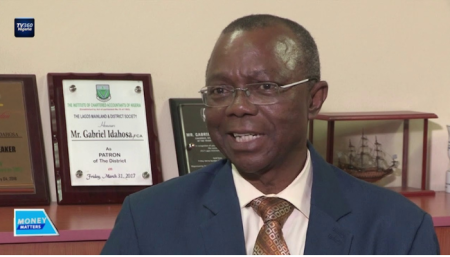The Peoples Democratic Party (PDP) has expressed unwavering confidence in the imminent disintegration of the newly formed opposition coalition, viewing it as a transient political experiment destined for failure. The party’s Acting National Chairman, Umar Damagum, articulated this conviction during the PDP’s 101st National Executive Committee (NEC) meeting, emphasizing the PDP’s strength, unity, and preparedness to reclaim power in the 2027 presidential election. Damagum’s remarks underscored the PDP’s perception of itself as the only viable political force capable of leading Nigeria, possessing the necessary structure, national acceptance, and historical legacy to shoulder the responsibility of governance.
The opposition coalition, formalized under the banner of the African Democratic Congress (ADC), aims to challenge the incumbent administration in the upcoming general elections. It has attracted some prominent political figures, including former Vice President Atiku Abubakar, former Senate President David Mark, and former presidential aspirant Dele Momodu. However, the PDP dismisses this alliance as a fragile and unsustainable venture, predicting its rapid unraveling. Damagum highlighted the return of several initial coalition members to the PDP, some claiming their involvement was limited to a single meeting, further bolstering the party’s confidence in the coalition’s eventual collapse.
The PDP’s optimism stems not only from the perceived weakness of the opposition coalition but also from the party’s internal strength and unity. Damagum commended the party’s state chairmen for their resilience and unwavering commitment, particularly in states where the PDP is not in power. He acknowledged the crucial role they play in nurturing and sustaining the party’s grassroots structures, emphasizing their importance as the “first line of defense” in the PDP’s democratic struggle. This recognition of the party’s foundational strength at the state level highlights the PDP’s confidence in its organizational capacity and its ability to mobilize support across the nation.
Furthermore, Damagum lauded the PDP’s legislators in the National Assembly for their steadfast representation of the party’s values and their effective opposition to what they consider anti-people policies. He emphasized the importance of their role in ensuring that the next PDP president will not be isolated in a hostile political environment. This highlights the PDP’s strategic focus on maintaining a strong legislative presence to both check the current administration and pave the way for a smooth transition of power should the PDP win the presidency in 2027.
The PDP also places significant value on its governors, whom Damagum described as the “backbone and pride” of the party. He acknowledged their leadership and sacrifices, characterizing them as essential to the party’s strength and resilience. This recognition underscores the importance of the PDP’s control of several states, providing a platform for showcasing its governance model and a base for mobilizing resources and support for future national elections.
In conclusion, the PDP views the recent opposition coalition as a fleeting and inconsequential political maneuver. The party’s confidence in its own eventual return to power rests on several pillars: the perceived fragility of the opposition alliance, the strength and unity of the PDP’s internal structure, the resilience of its state chapters, the effectiveness of its legislators in the National Assembly, and the leadership of its governors. The PDP’s strategy seems to be one of consolidation and projection of strength, emphasizing its historical legacy and its claim to be the only party truly capable of leading Nigeria. The party anticipates the complete dismantling of the opposition coalition, confident in its own ability to capitalize on the perceived failings of its rivals and reclaim the presidency in 2027.














